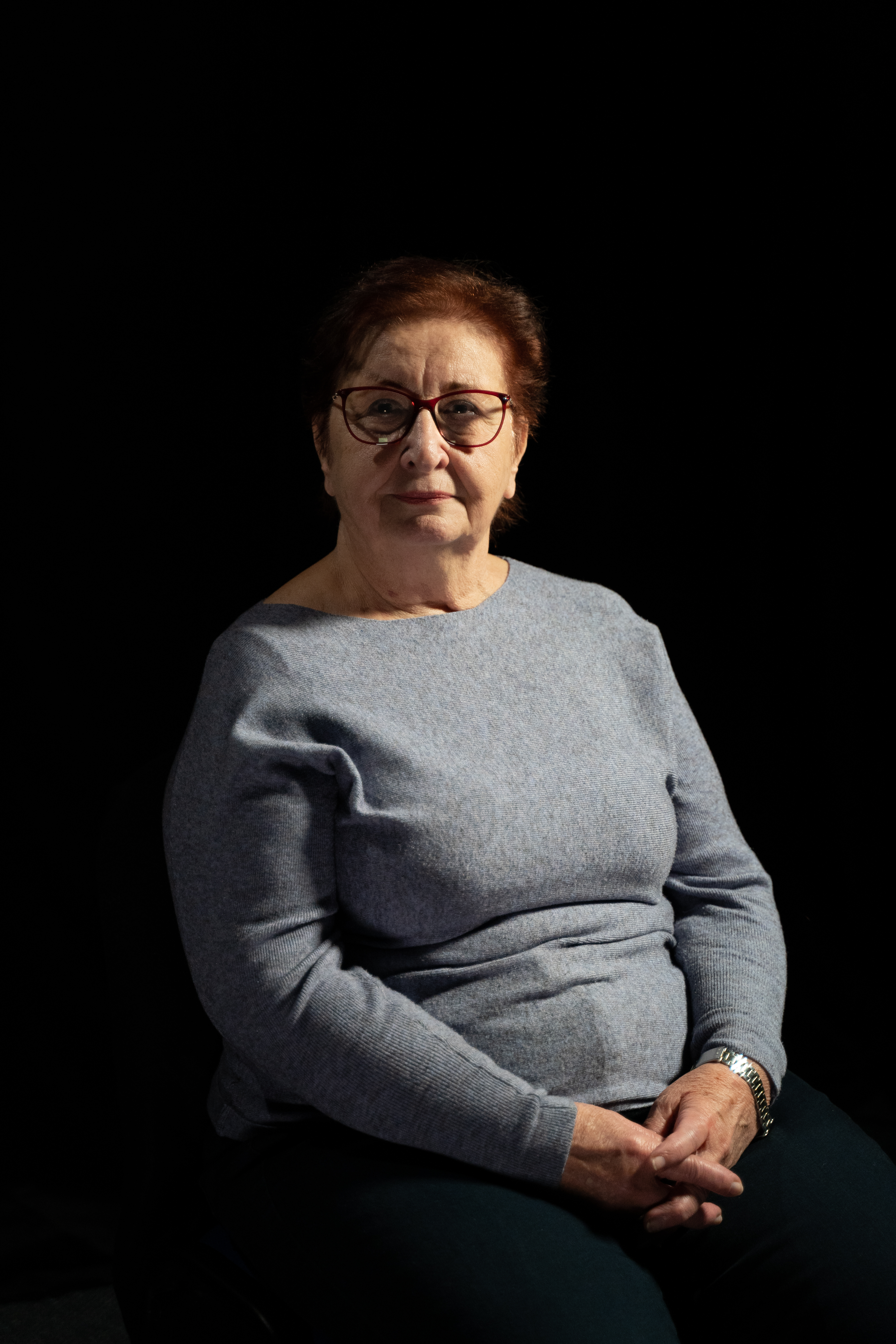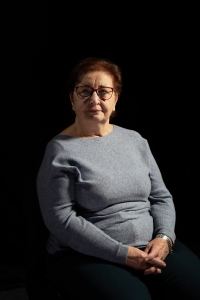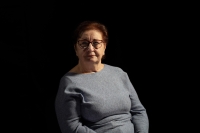Ophthalmologist from the Czech Republic, who worked for the development of Czech culture in Košice

Stáhnout obrázek
Dagmar Takácsová was born on November 19, 1947, in the Czech city of Náchod as the fourth child of parents Ján and Františka. Despite the bad personnel report regarding her religious beliefs, the regime was more merciful to her than to her older siblings. She managed to graduate from grammar school and Faculty of Medicine. As a graduate, she went to Slovakia with her husband in 1970, and Košice became her home. The ophthalmologist, who works in both the hospital and the outpatient clinic, raised two children together with her husband. During her life in Slovakia, she became significantly involved in the Czech Association in Košice, thanks to which she strongly advocated the development of Czech culture in Slovakia. He is still active in the Czech Association.

